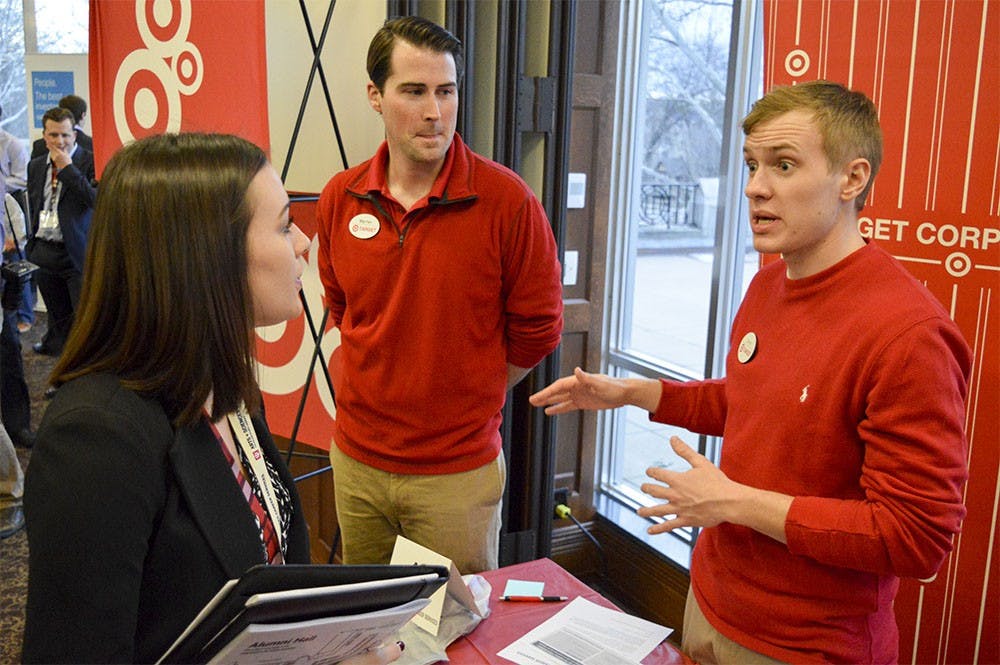You need experience to get a job, but you need a job to get experience. In fact, 61 percent of entry-level jobs require at least three years of experience, according to a survey conducted by TalentWorks. So how do college graduates find a loophole to this contradiction?
For many, the answer lies in internships. The National Association of Colleges and Employers’ “Class of 2017 Student Survey” found 61 percent of 2017 graduating seniors participated in an internship during their time in college.
The National Association of Colleges and Employers’ also found that of those participated in internships, 43 percent were not paid. For some students, free labor is just not something they can afford to give. The unpaid internship is classist, and it gives students who come from wealthy families an unfair advantage in the job market.
Paid internships are becoming more common. The National Association of Colleges and Employers’ found that between 2011 and 2017, the number of paid internships students participated in raised by 6 percent. But it is still far too common for companies to hire interns for no pay.
According to a report from the Georgetown University Center on Education and the Workforce, 14 million college students are also working. Of all student workers, 25 percent of them are working full-time while going to school full-time as well.
For many, these jobs are their livelihood. A survey conducted by LendEDU found 45 percent of college graduates ages 25 to 54 received no financial assistance from their families to pay for college.
Many students need to work paying jobs in the service industry to pay for tuition and basic human needs. They simply cannot afford to begin working an unpaid position. Because of this, these students graduate from college with limited experience in their field.
It is possible for students to receive grants to fund their unpaid internships. Regardless, students receive financial assistance from their families have an advantage.
Paid internships could even be a stretch for some college students. If a working student cannot find a full-time paid internship, they might not be able to accept a part-time one.
If a student needs to work full-time jobs to make enough to support themselves, they don’t have the space to add a 20 hour per week internship to their schedule. But quitting their job to take on the internship would leave them struggling to pay their bills.
Students from wealthy families are given an unfair advantage in the job market. When a student’s family is able and willing to pay for their tuition and cost of living, they are able to participate in programs for no compensation other than experience. The experience and skills they gain make them more prepared for work post-graduation and more appealing to hiring managers.
This only continues the cycle and prevents people from moving between socioeconomic classes. Students from wealthy families are able to work unpaid internships, making it easier to gain experience and giving them a better chance to be hired at well-paying jobs. This allows them to remain wealthy.
Students from lower-class families are unable to work unpaid internships, making it harder to gain experience and giving them a lower chance to be hired at well-paying jobs. This makes it difficult for them to become wealthy.
Requiring all internships to be paid would be one step closer to evening the playing field. All students, regardless of their financial status, should have the same opportunities to pursue an education, gain experience and land their dream job.






